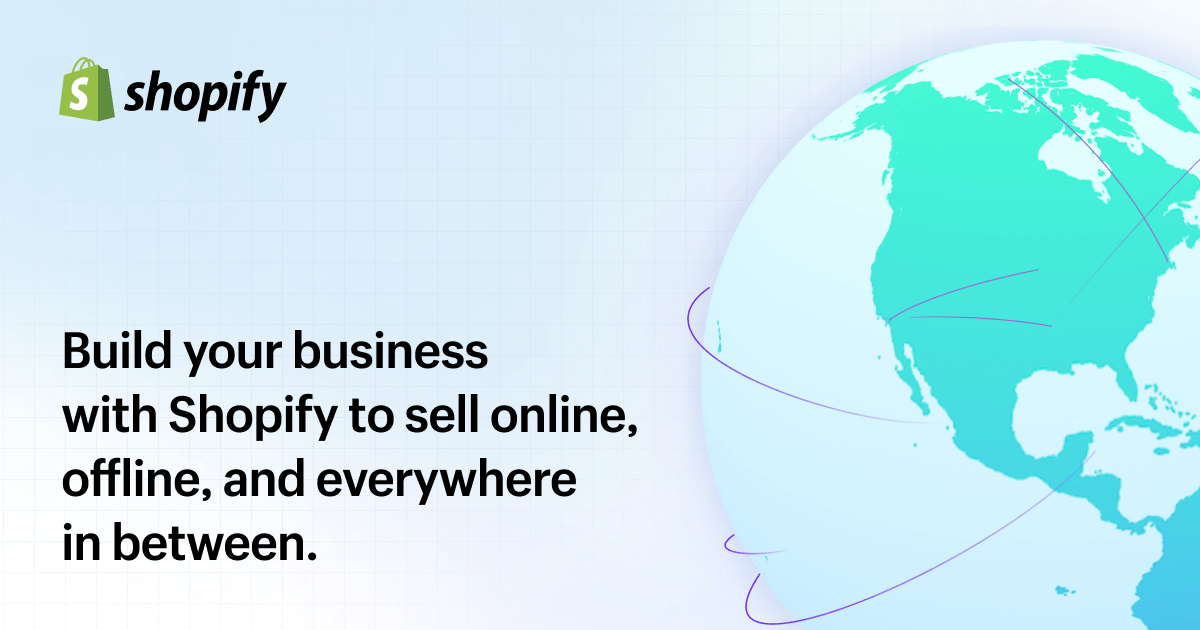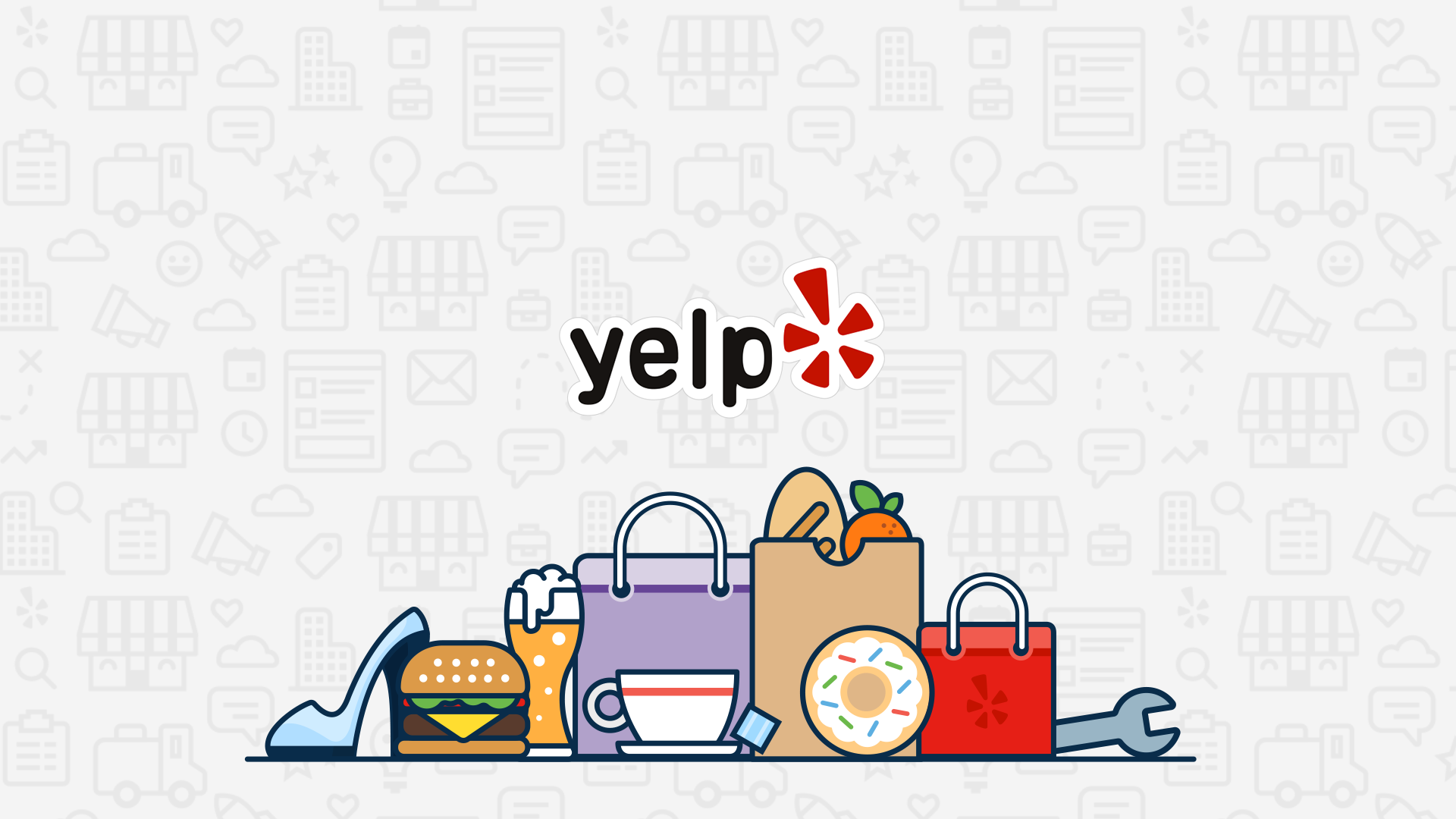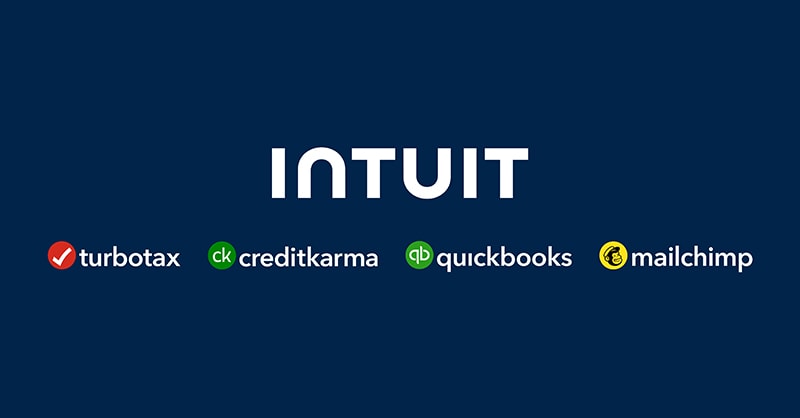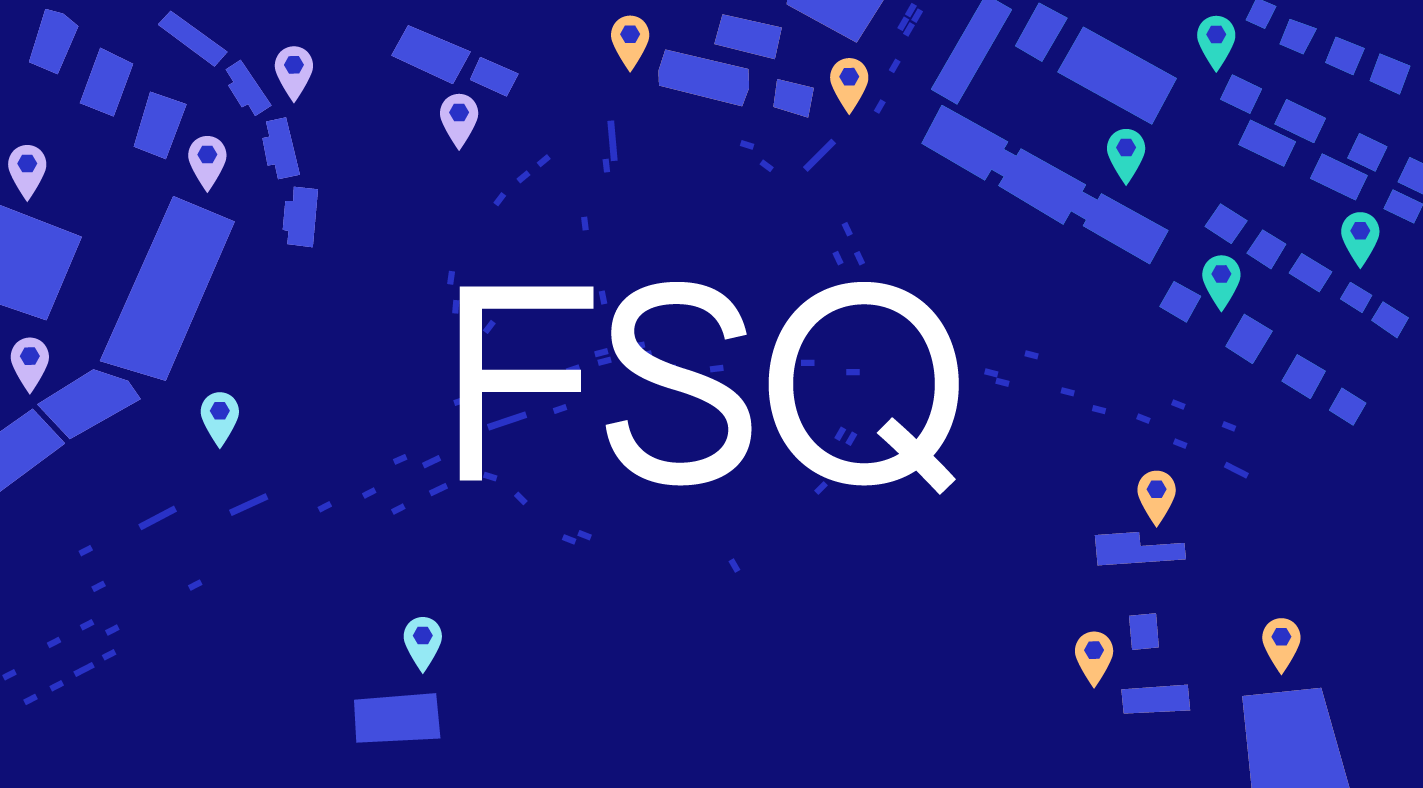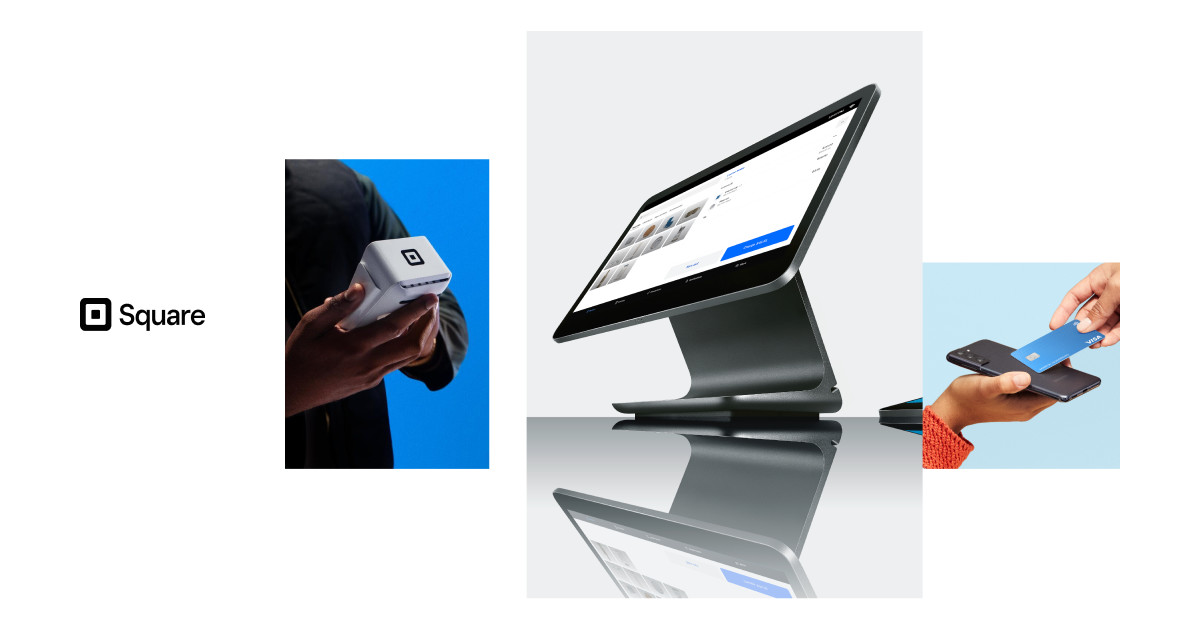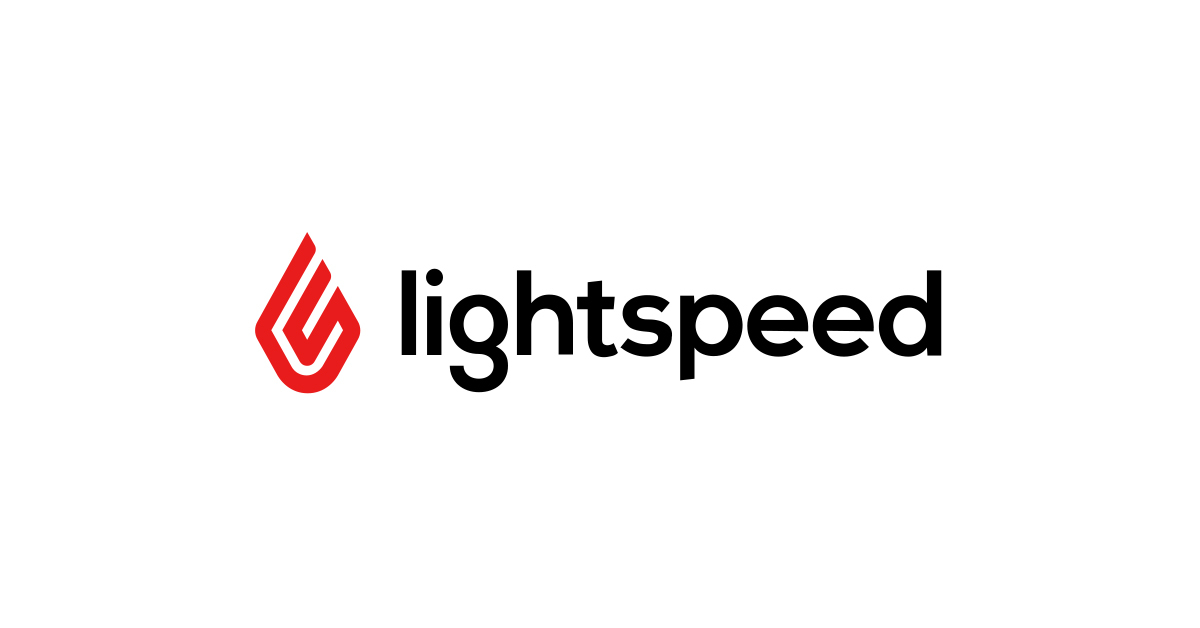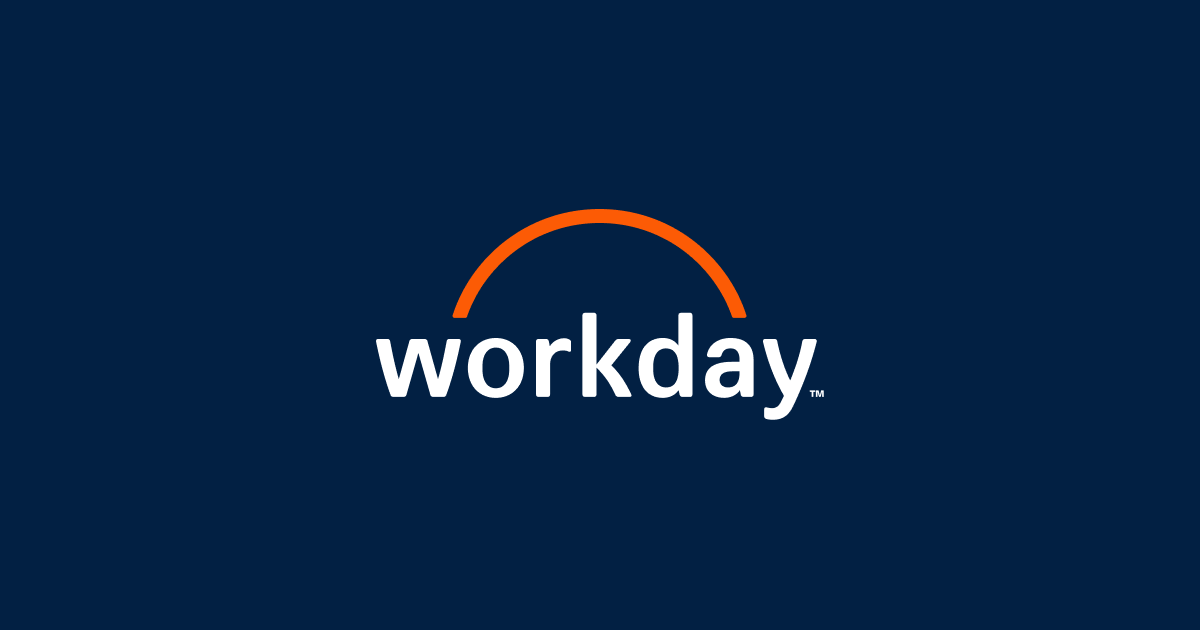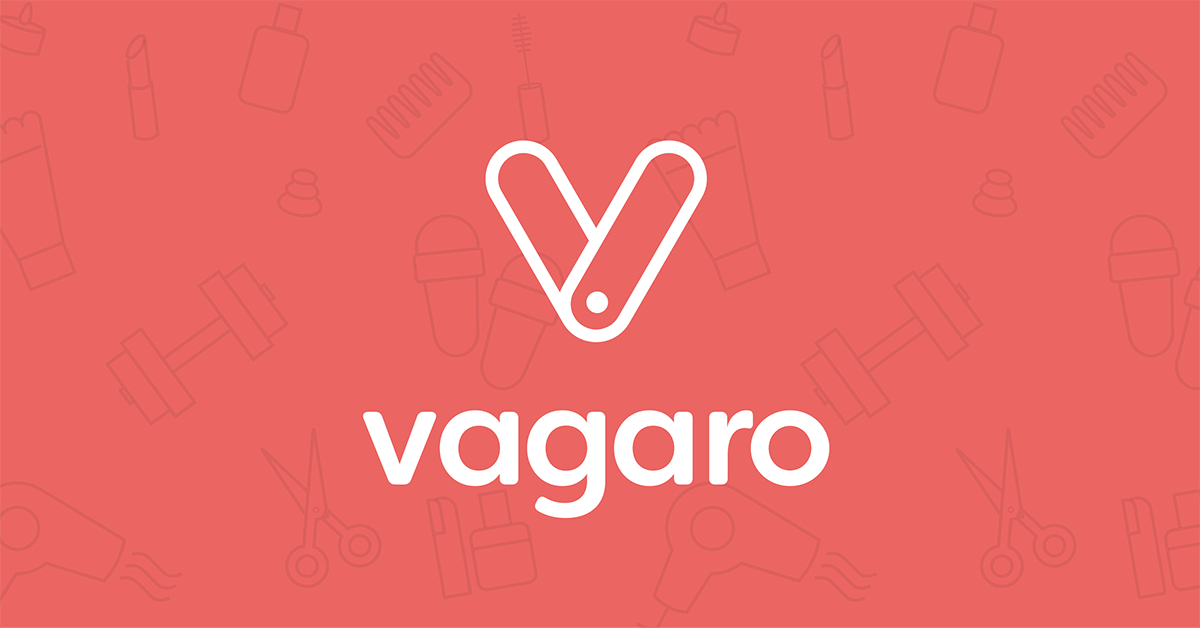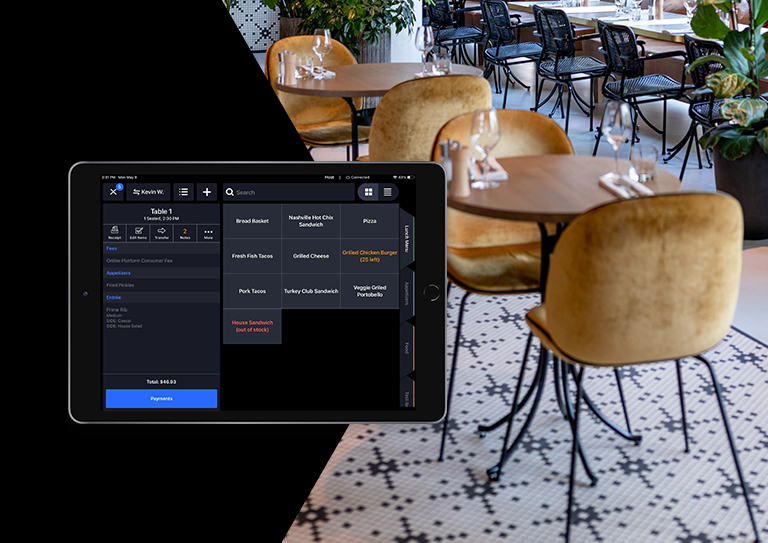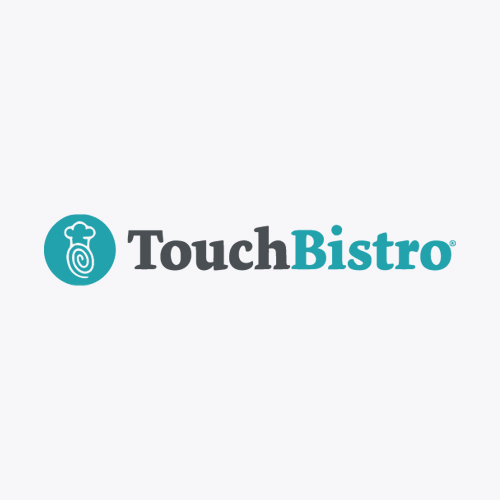Introduction
Finding the right reservation software is a major decision for any restaurant business. It’s critical to have a seamless booking experience that maximizes bookings and revenue. However, with so many options on the market, it can be difficult to determine the best fit. In this post, we evaluate and compare 15 of the top restaurant reservation systems based on key criteria like features, pricing, reviews, and industry popularity.
Methods of Evaluation
To provide an objective comparison of each solution, we evaluated them across the following conventional criteria: features, ease of use, pricing, support, and consumer reviews. However, we also took into account less tangible but important modern factors like number of backlinks, organic traffic levels, and keyword search trends. These additional signals can help indicate a solution’s market penetration and relevance. Our goal was to highlight the most full-featured, user-friendly and popular choices that will suit businesses of various sizes and needs.
1. Shopify POS
Shopify POS is an all-in-one point of sale and commerce platform designed for in-person and online sales. Founded in 2006 with headquarters in Ottawa, Canada, Shopify provides merchants with a robust suite of tools to facilitate commerce in physical and digital stores.
Pros: Key advantages of Shopify POS include: – Intuitive checkout interface optimized for both desktop and mobile devices. – Omnichannel capabilities allow merchants to take orders for in-store pickup or delivery online. – Robust inventory management tracks in-store and online inventory in real-time. – Built-in loyalty tools like gift cards and clienteling drive repeat business.
Cons: One potential disadvantage is Shopify POS’s monthly subscription pricing, which can add up over time for high-volume merchants with advanced needs. Additional services and integrations may also incur extra fees.
Pricing: Shopify POS pricing starts at $79 per month for standard plans. Advanced plans with additional features are priced at $299 and up per month. Integrated payment processing is 2.7% + 30 cents per transaction for U.S.-based merchants.
Some key stats about Shopify POS include: – Over 1 million merchants in approximately 175 countries use Shopify’s platform. – Facilitates over $175 billion in worldwide commerce annually. – Integrated POS, inventory, and loyalty tools help merchants seamlessly manage hybrid commerce across channels.
2. Yelp Reservations
Yelp Reservations is a restaurant reservations and waitlist management software developed by Yelp. It allows restaurants to accept online and phone bookings while syncing reservations and waitlists in real-time to staff calendars. By connecting to Yelp’s large customer base, it aims to help restaurants fill seats and reduce no-shows.
Pros: Key advantages of Yelp Reservations include:
– Connects restaurants to Yelp’s large customer base of over 150 million monthly visitors for increased exposure and bookings.
– Online booking and waitlist management through a user-friendly dashboard for staff.
– Real-time availability sync between reservations software and staff calendars to avoid double bookings.
Cons: A potential disadvantage is that restaurants are tied to Yelp’s ecosystem and customer base. If a restaurant wants to leave Yelp Reservations, they may lose access to customers booked through Yelp.
Pricing: Yelp Reservations offers three pricing tiers on an annual subscription basis:
– Basic: $49/month for up to 6 seats per reservation
– Pro: $79/month for unlimited seats per reservation
– Premier: Custom pricing for large restaurant chains
Some key stats about Yelp Reservations include:
– Over 30,000 restaurants currently use Yelp Reservations worldwide.
– Syncs reservations and waitlists with Google and Apple calendar integrations for seamless staff scheduling.
– Accepts reservation requests 24/7 via website or toll-free phone number.
3. QuickBooks Online
QuickBooks Online is an all-in-one accounting, POS and restaurant reservations software developed by Intuit. As one of the leading financial software providers, QuickBooks offers restaurants tools to manage their bookkeeping, inventory, payroll and reservations all from one integrated platform.
Pros: Some key advantages of QuickBooks Online include:
– All-in-one platform for accounting, point-of-sale and reservations management.
– Easy to use interface designed for small businesses.
– Affordable starting prices with no long term contracts.
– Integrates bookkeeping, reservations and inventory all in one place.
Cons: A potential disadvantage is the monthly subscription model which requires an ongoing fee versus a one-time purchase.
Pricing: Pricing for QuickBooks Online starts at $25/month for the ‘Simple Start’ plan offering basic accounting features. The ‘Essentials’ plan is $40/month and offers additional inventory, time tracking and payroll capabilities. Custom plans are also available for larger businesses.
Some key stats about QuickBooks Online include:
– Used by over 10 million businesses globally.
– Integrates with other popular Intuit services like Credit Karma, TurboTax and Mint.
– Available in over 100 countries worldwide.
4. Foursqare
Foursquare is a location technology company that provides online reservation and booking services for restaurants. As one of the leading location-based platforms, Foursquare integrates comprehensive restaurant listings and allows both businesses and customers to manage reservations directly through their system. With over 10 billion venue visits in their database, Foursquare offers rich location data and insights to help restaurants better understand customer behavior and traffic patterns.
Pros: Some key advantages of using Foursquare for restaurant reservations include:
– Integrated online listings and reservation functionality allows customers to easily browse menus and book tables from one centralized location.
– Customers can make and manage reservations through the Foursquare app on their mobile device for even greater convenience.
– Detailed location analytics provide insights into customer traffic patterns and busiest times to help restaurants better plan staffing.
Cons: A potential disadvantage is that Foursquare’s self-service reservation model requires restaurants to manage bookings and seating themselves through the online system and apps rather than having dedicated reservation staff. This means restaurants need appropriate technology systems and well-trained staff to handle reservations electronically.
Pricing: Foursquare offers different pricing tiers for their online reservation and booking platform starting at $29/month for a basic plan that allows for up to 5 tables and 50 covers booked per month. More advanced plans with additional features and higher reserved seating limits are available for $79-299/month.
Some key facts about Foursquare’s reservation and booking platform include:
– Over 140,000 restaurants globally use Foursquare for reservations and online ordering.
– The platform sees over 10 billion venue visits in their database each year allowing for robust analytics.
– Foursquare is available as both a web-based system and mobile apps so reservations can be made from any device.
5. Square for Restaurants
Square for Restaurants is an all-in-one POS and reservation solution from Square, an established payment processing company. It allows restaurants to manage orders, reservations, staff, inventory, and payments all from one integrated system.
Pros: Key advantages of Square for Restaurants include: it offers an all-in-one solution to handle orders, reservations, staff management and payments; seamless credit card processing and integrated check splitting; affordable pricing well suited for small businesses.
Cons: A potential disadvantage is that it only offers limited customization and reporting capabilities compared to some specialized restaurant software solutions.
Pricing: Square for Restaurants offers three pricing tiers – Free ($0/month), Basic ($15/month), and Premium ($50/month) which offer different features and functionality suited for businesses of various sizes.
Some key stats about Square for Restaurants include: Used by over 1 million businesses worldwide, processes over $185 billion in payments annually, offers customizable pricing packages starting as low as $15/month.
6. Lightspeed
Lightspeed is a cloud-based point-of-sale and business management software for retailers and restaurants. Founded in 2005, Lightspeed offers an all-in-one commerce solution that includes POS, inventory, customer loyalty, and other tools through a single platform.
Pros: Some key advantages of Lightspeed include:
– POS and e-commerce solution for multi-location businesses
– Customizable payment processing and inventory tools
– Robust reporting and recurring customer features like loyalty programs and subscriptions
Cons: One potential disadvantage is the subscription pricing model which requires ongoing payments rather than a one-time license fee.
Pricing: Lightspeed pricing starts at $49 per month for a basic POS system. Additional features like e-commerce, loyalty programs, and additional employees/locations are extra. Custom quotes are available for multi-store enterprises.
Some key stats about Lightspeed include:
– Used by over 100,000 customer locations worldwide
– Accepts over 125 payment types including major credit cards, PayPal, Apple Pay, etc.
– Fully customizable interface that can be tailored for any business type
– Integrations with over 250 third-party apps like Shopify, QuickBooks, and more
7. Workday POS
Workday POS is a cloud-based point-of-sale and restaurant management software developed by Workday. Workday POS allows businesses to manage orders, payments, inventory, staff and more across multiple locations directly from their tablet or computer. With advanced analytics and reporting capabilities, Workday POS helps restaurants gain insights to improve operations and the customer experience.
Pros: Key advantages of Workday POS include:
– Robust enterprise platform for multi-unit/concepts
– Advanced inventory, labor and analytics capabilities
– Seamless multi-site and multi-brand management
– Built-in payroll and HR features for staff management
– Customizable menu layouts and flexible table management
Cons: One potential disadvantage is that as an enterprise-level solution, Workday POS may have a higher upfront and ongoing cost compared to other POS options tailored for small businesses with just one location.
Pricing: Pricing for Workday POS depends on the number of locations and seats needed. It is generally subscription-based starting around $150/month for a single location with 3-5 seats. Larger multi-site businesses can expect to pay $3,000/month or more based on their specific needs and configuration.
Some key stats about Workday POS include:
– Used by over 15,000 restaurants worldwide
– Supports both single and multi-location businesses
– Integrates with 3rd party delivery platforms like DoorDash, Grubhub, Uber Eats
– Real-time inventory updates and tracking across all locations
– Built-in labor scheduling and time clock features
8. Vagaro
Vagaro is a leading reservations and client management system for beauty, wellness, and fitness businesses. Founded in 2008, Vagaro provides a comprehensive solution to help salons, spas, gyms and studios manage scheduling, inventory, client profiles and communications. With over 30,000 businesses trusting Vagaro, the platform aims to help professionals boost revenue and client engagement through streamlined operations and customer self-service tools.
Pros: Key advantages of Vagaro include:
– Strong scheduling and calendar management to book online or in-person appointments
– Robust client profiles to track history, services, payments and communicate updates
– Inventory management to track product stock levels and re-orders
– Customizable booking forms for products, services, packages or classes
– Group booking capabilities for events, parties or packages
Cons: One potential disadvantage of Vagaro is that the pricing is focused on small to mid-sized beauty, wellness and fitness businesses. Larger enterprise clients may find the pricing higher than competitors for their needs.
Pricing: Vagaro offers simple monthly pricing starting at $39 per month for the Essential plan, which supports single location businesses. The Premier plan is $99 per month for additional features like multiple location support, analytics and custom branding. Both plans offer a free 14 day trial.
Some key stats about Vagaro include:
– Over 30,000 businesses rely on Vagaro worldwide
– Supports scheduling for hair, nails, massage, fitness classes and more
– Integrations with POS systems like Mindbody, SalonBiz and SpaBiz
– Customizable loyalty programs and rewards for repeat clients
9. Resy
Resy is a restaurant reservation and discovery platform focused on fine dining. Founded in 2014 and headquartered in New York City, Resy helps diners discover new restaurants and book same-day or future reservations at top establishments across the US and in select international cities. With over 10,000 restaurants on the platform, Resy aims to be the easiest and most enjoyable way for foodies to explore what’s new and book premier dining experiences.
Pros: Some key advantages of Resy include:
– Focused exclusively on fine dining reservations, providing reliable bookings at top restaurants
– Intuitive mobile app and website interface for a seamless customer experience
– Powerful calendar and waitlist management tools for restaurants to optimize seating
Cons: One potential disadvantage is that Resy is focused primarily on fine dining reservations in major cities, so options may be more limited for casual dining or in smaller markets.
Pricing: Resy offers different pricing tiers for restaurants depending on features needed. Basic listings are free, while premium packages with more visibility and tools start at $49/month.
Some key stats about Resy include:
– Over 10,000 partner restaurants on the platform globally
– Available in over 30 cities worldwide including New York, Chicago, San Francisco, London and Paris
– Serves over 5 million diners annually
– Has booked over 100 million reservations since launch
10. SevenRooms
SevenRooms is a restaurant reservations and guest experience management platform designed specifically for high-end, white-tablecloth restaurants. Founded in 2011 and based in New York City, SevenRooms provides restaurants with an easy-to-use platform to manage reservations, waitlists, seating, dining experiences and more through an elegant online and mobile interface.
Pros: Some key advantages of SevenRooms include:
– Built for high-end, white-tablecloth restaurants with an elegant interface tailored for an exclusive booking experience.
– Beautifully designed online and mobile interfaces that impress guests from first contact.
– Impressive waitlist, seating and table management capabilities to optimize the guest experience from booking to check out.
Cons: A potential disadvantage is the higher price compared to other reservations software, which makes sense given its focus on higher-end establishments. Pricing starts at $99/month.
Pricing: SevenRooms offers several pricing plans starting at $99 per month for a Essential plan. Featuring include online reservations, basic waitlist and table management. The most popular Pro plan is $199/month and unlocks additional features like integrated menus and payment processing. Custom enterprise plans are also available for larger restaurants and groups.
Some key stats about SevenRooms include:
– Over 2,500 restaurants use SevenRooms worldwide
– Manage over 5 million reservations each year
– Available in over 20 languages
– Integrates with major POS systems
11. ChowNow
ChowNow is an online ordering and restaurant management platform that helps restaurants boost online sales through delivery and takeout orders. Founded in 2011, ChowNow works with over 10,000 restaurants across the US and Canada to provide customizable online ordering, delivery integration, marketing support and more.
Pros: Some key advantages of ChowNow include:
– Online ordering functionality and integrations for delivery and takeout
– Simple and intuitive interface that is easy for restaurants to customize
– Competitive pricing plans starting at $49/month for basic online ordering
– Marketing and promotion tools to help restaurants boost exposure
Cons: One potential disadvantage is that ChowNow charges a slightly higher commission rate (5-10%) on delivery orders compared to some competitors.
Pricing: ChowNow offers three pricing plans:
– Basic: $49/month + 5% commission on delivery orders
– Pro: $99/month + 7% commission on delivery orders
– Enterprise: Customized pricing + 10% commission on delivery orders
Some key stats about ChowNow include:
– Over 10,000 restaurants use ChowNow’s platform
– Integrations with major delivery services like DoorDash, Uber Eats and Grubhub
– Processes over $1 billion in annual food sales
– Simple setup that takes less than 48 hours
12. Vend
Vend, now known as Lightspeed, is a cloud-based point of sale and ecommerce platform designed for inventory-based retailers. Founded in 2005 and headquartered in Montreal, Canada, Lightspeed offers retailers all-in-one software to manage their operations across both physical and digital stores.
Pros: Key advantages of using Lightspeed include:
– All-in-one cloud-based POS and ecommerce system that streamlines operations.
– Robust reporting and inventory controls to gain insights and manage stock levels.
– Extensive customization and integration options to fit unique business needs.
– Multi-channel functionality to sell both in-store and online through one platform.
Cons: A potential disadvantage is the monthly subscription pricing model which requires ongoing costs compared to one-time licensed software purchases.
Pricing: Lightspeed pricing starts at $79 per month for a basic retail plan and scales up based on additional features, users, and payment volumes. Premium customized plans are also available for large enterprise retailers.
Some key stats about Lightspeed include:
– Processes over $45 billion in annual transactions worldwide.
– Serves over 85,000 customer locations across 100+ countries.
– Integrates with over 250 partners including major shopping carts and marketplaces.
– Employs over 1,000 team members globally.
13. Upserve
Upserve is a leading cloud-based restaurant management and POS solution. Founded in 2011 and headquartered in San Francisco, Upserve helps restaurants streamline operations, drive sales and engage customers through its all-in-one restaurant management platform. Upserve was acquired by Lightspeed in 2022.
Pros: Some key advantages of Upserve include:
– Focus on online ordering and delivery platforms
– Customizable loyalty programs and promotions
– Real-time business analytics to help restaurants drive insights and decision making
Cons: One potential disadvantage is that Upserve is primarily geared towards independent restaurants rather than large/enterprise restaurants or chains.
Pricing: Upserve offers various pricing tiers starting from $99 per month for basic features up to customized enterprise plans. Pricing includes hardware rentals/purchases along with software and support.
Some key stats about Upserve include:
– Used by over 5,000 independent restaurants worldwide
– Processes over $3 billion in annual sales across its customer base
– Integrates with over 30 third-party platforms including major delivery services
14. Booker
Booker is a leading reservations and booking software for restaurants, salons, spas and other service-based businesses. Founded in 2011 and based in Nashville, Booker aims to help businesses better manage reservations, staff, inventory and grow their customer base. With over 20,000 businesses trusting Booker worldwide, it has become one of the top restaurant reservations systems on the market.
Pros: Some key advantages of Booker include:
– Robust POS integration to manage reservations, orders, payments
– Strong features for managing staff, shifts, inventory
– Customizable guest profiles and loyalty programs
– Appointment reminders and online booking capabilities
Cons: One potential disadvantage is that the basic plan only allows for a single user/location which may not scale well for larger businesses.
Pricing: Booker offers 3 pricing tiers:
– Basic: $39/month – Supports 1 location, 1 user
– Pro: $79/month – Adds additional locations and users
– Enterprise: Custom pricing – For large enterprise businesses
Some key stats about Booker include:
– Over 20,000 businesses use Booker globally across 150 countries
– Supports reservations, payments, staff management and more for restaurants, salons, spas and other service providers
– Integrates with leading POS systems like Square, Clover, Revel etc. for seamless ordering and payments
15. TouchBistro
TouchBistro is a restaurant management software specifically designed for restaurants and cafes. Founded in 2003, it is one of the leading POS systems for the food service industry. TouchBistro allows restaurants to manage reservations, take orders, handle payments and view analytics all from one integrated platform.
Pros: Some key advantages of TouchBistro include:
– Powerful reservations, online ordering and waitlist functions to optimize customer flow
– Intuitive interfaces for both customers to book tables and staff to manage the restaurant
– Full inventory management and food costing tools
– Robust reporting and analytics to track sales, labor costs and more
Cons: A potential disadvantage is that the full suite of TouchBistro features comes at a higher monthly cost compared to some other POS systems. The pricing may not suit restaurants on a tighter budget.
Pricing: TouchBistro offers 4 plans – Lite, Pro, Elite and Premier. Pricing starts from $79/month for a single user on the Lite plan and scales up based on the number of users and features required. Additional transaction and service fees also apply.
Some key stats about TouchBistro include:
– Used by over 30,000 restaurants globally
– Supports both online and in-person reservations and ordering
– Integrates with over 50 third-party partners like Grubhub and Doordash
– Named #1 restaurant POS by Capterra for 4 consecutive years
Conclusion
With the restaurant industry becoming increasingly competitive and technology-dependent, having the right reservation software is essential for streamlining operations and enhancing the customer experience. We hope this comprehensive evaluation of the top 15 solutions provides helpful guidance in selecting the best fit. Always be sure to consider your unique business needs, budget, and long-term growth goals when choosing a provider. Proper due diligence can help you find a partner to power seamless bookings and maximize your restaurant’s potential for years to come.




